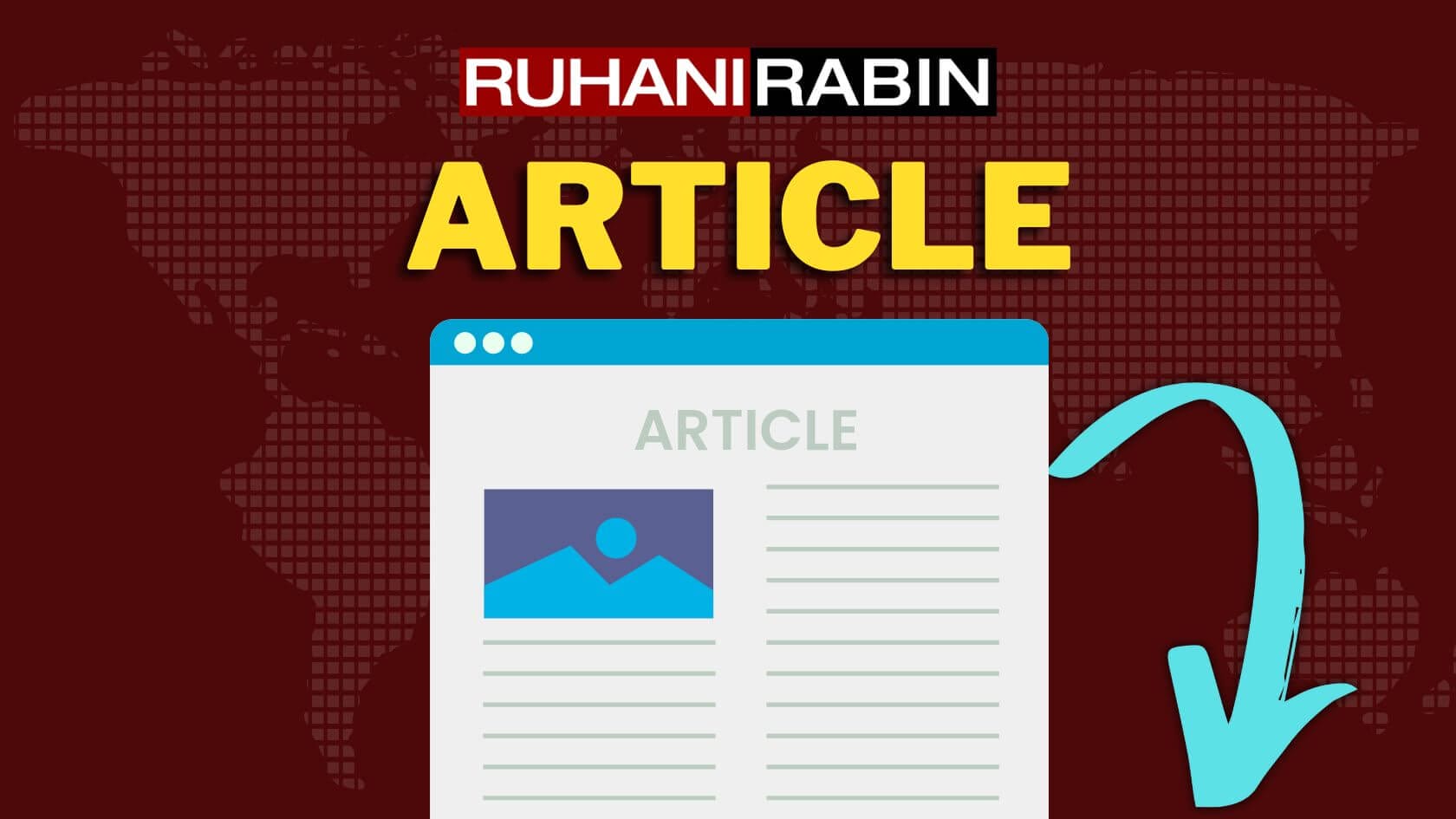How to ensure that your WordPress site can handle enough traffic
Tips for ensuring that your WordPress site is robust enough to handle large traffic volumes


Creating a blog or website, through WordPress, doesn’t guarantee visitors. While you have created something that might have potential, there isn’t much chance that you will be able to get people to visit it by magic. This part requires a lot of hard work & dedication and WordPress designers & developers from all over the world are regularly involved in making this dream a reality.
However, there are plenty of sites that cannot handle the kind of traffic that their content demands, leading to a terrible browsing experience. To avoid that, you don’t have to move away from WordPress, a few simple changes to your work-habits and techniques is all you need to make sure that everything falls into place.
Get the Best Updates on SaaS, Tech, and AI
No Basic Shared Plans
If you plan to host your WordPress website on a basic shared hosting plan, then you had better ensure that there isn’t too much traffic pouring in. However, that is something that no one wants and if you’ve ended up booking a basic shared hosting solution, you will definitely be in a spot of bother. The website’s server and its software, the one that runs WordPress, needs to be capable of handling the traffic your content will throw at it.
The Hardware
Blaming slow performance on your WordPress platform isn’t right. The platform can handle only as much as its hardware allows it to. If you plug in better hardware, you will get better performance. There are plenty of reasons why some sites work better than others, and if you narrow things down, you will end up talking about two things – processors and networking.
Processor Limitations
Memory, both the storage and access kinds, needs to be optimal for a good browsing experience. If you are trying to get heavy traffic on your website, you will need a good amount of processing power behind your website. That means, you need to pick the kind of server your website or blog will be stored on, not the storage company. Pick your weapons carefully and if required, host it at your own home under your own supervision.
Networking Issues
Not only does the server determine the quality of your site’s browsing experience, how it is connected to the Internet also plays a vital role. Your server’s host will provide an ethernet adapter to connect your server to the Internet. The maximum data-transfer speed of this adapter will determine the maximum download capability of your website at any given point of time.
Physically, your server would be incapable of transferring anything more than these speeds allow. And then there’s more – each server transmits and receives a lot of information along with each packet of data. So that means, if your adapter reads 10Mb, you will never be able to transfer 10Mb of data because there are other stuff taking up space. Networking overhead limits your bandwidth to a fraction of what it is capable of.
There are plenty of other devices on your network that will be connected to your server. These devices are used to spread out the limited bandwidth to other servers at the location. Therefore, everything that is being used as bandwidth for data, will also be shared.
Whenever you are thing about making a website or blog, you need to keep this side of the equation in your mind. There is nothing that you cannot do if you plan for it and in the case of your WordPress production, just make sure that everything is right on the mark.
S. VISHWANATHAN – author
Vishy is a software engineer who has worked around the world working with a wide range of clients, including a London WordPress design & development agency. Vishy has an unhealthy obsession with code, but also loves reading novels for pleasure.
FTC Disclosure: The pages you visit may have external affiliate links that may result in me getting a commission if you decide to buy the mentioned product. It gives a little encouragement to a smaller content creator like myself.



29 responses to “How to ensure that your WordPress site can handle enough traffic”